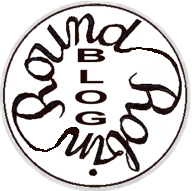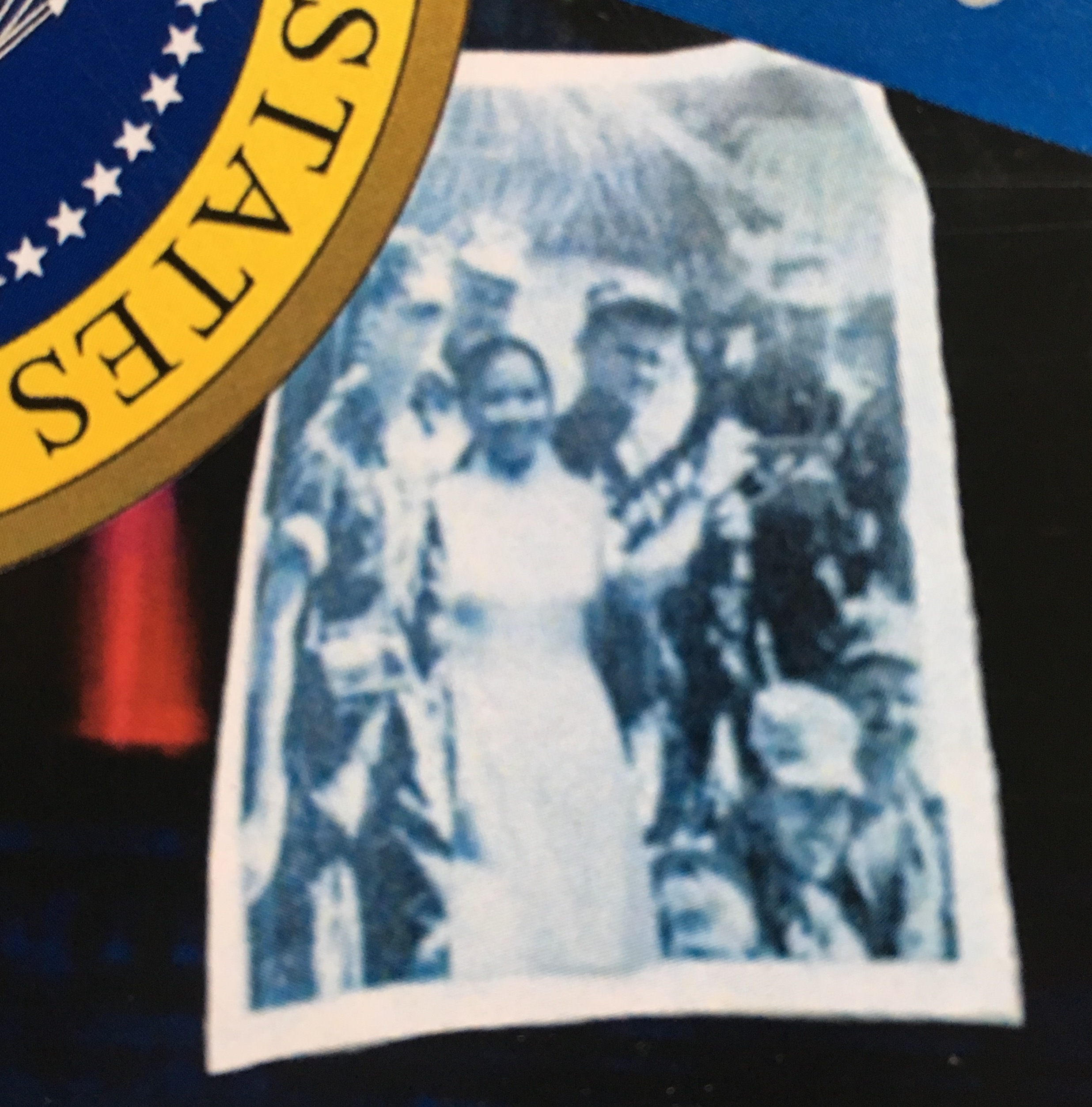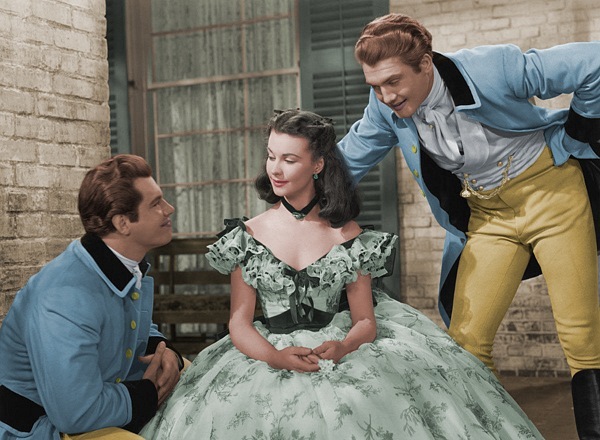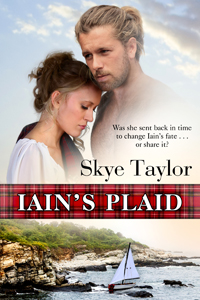 May’s Round Robin topic is: Has so much emphasis been placed by readers and writers groups, publishers, reviewers, etc. on authors to have a spectacular opening page/chapter that the rest of the story gets left behind? What are your thoughts and experiences with this?
May’s Round Robin topic is: Has so much emphasis been placed by readers and writers groups, publishers, reviewers, etc. on authors to have a spectacular opening page/chapter that the rest of the story gets left behind? What are your thoughts and experiences with this?
We live in a world of sound bytes. We are bombarded daily with 60 second attention grabs, 30 second blurbs, even 15 second demands for our attention. Even good grammar has been abandoned in the name of quick, easy and attention getting when it comes to texting and other forms of communication. At the same time, our lives become more hectic and demanding. Remember the days when finding a hand written letter in the mailbox filled you with a wonderful feeling of anticipation? Almost no one writes letters by hand any more, or even types them. And far too few even bother to write notes to say thank you and let someone know how much their thought or gift or time mattered to us. We’ve grown to rely on email and texting or facebook and other social media for all our interaction with others not done face to face, and the geniuses who create our gadgets find ever more ways to make sure we are never OUT of touch. Even good old fashioned pick up the phone and call a friend to  chat has given way to a text full of abbreviations and text jargon.
chat has given way to a text full of abbreviations and text jargon.
This need to grab instant attention has moved into our writing as well. With thousands of books being produced every day, every  one of them is clamoring for your attention and you have only so much time to read blurbs and make a choice. So is it any wonder that so much emphasis is placed on getting into the action IMMEDIATELY? The "HOOK?" We want our readers’ hearts pounding and their fingers twitching to turn the page before they’ve even finished the first paragraph, or better yet, the first sentence.
one of them is clamoring for your attention and you have only so much time to read blurbs and make a choice. So is it any wonder that so much emphasis is placed on getting into the action IMMEDIATELY? The "HOOK?" We want our readers’ hearts pounding and their fingers twitching to turn the page before they’ve even finished the first paragraph, or better yet, the first sentence.
I’ve been to the workshops. I’ve heard all the persuasive arguments. My first book to be published begins with:  “He gaped at the tattered photograph that had just been slipped into his hand. His heart raced, and Senator Matt Steele, Democratic candidate for president, halted so abruptly his Secret Service agent bumped into him.” I was following the prescription, doing my best to grab the reader’s attention and throw them into the fray from the very first words. But no one has any idea where Matt Steele is, who he is, what he believes in, what he stands for. All we know here is that someone gave him a photograph that has caused some kind of alarm. I’m hoping, of course, that whoever picked that book up and opened it to the first page is going to be so instantly drawn into the story that they will buy my book.
“He gaped at the tattered photograph that had just been slipped into his hand. His heart raced, and Senator Matt Steele, Democratic candidate for president, halted so abruptly his Secret Service agent bumped into him.” I was following the prescription, doing my best to grab the reader’s attention and throw them into the fray from the very first words. But no one has any idea where Matt Steele is, who he is, what he believes in, what he stands for. All we know here is that someone gave him a photograph that has caused some kind of alarm. I’m hoping, of course, that whoever picked that book up and opened it to the first page is going to be so instantly drawn into the story that they will buy my book.
But now think back to some of the best books you ever read that were published say 50 years ago or more. The ones that have stayed strong in your memory and probably still reside on your bookshelf. Did they begin with a bang, throwing you, the reader, and the protagonist into harm’s way in the first paragraph? Not so much.
 One of my all time favorite novels, High Tide at Noon was first published before I was even born. The copy on my shelf has frail pages that I turn reverently and every time I am drawn back into that world. It begins like this:
One of my all time favorite novels, High Tide at Noon was first published before I was even born. The copy on my shelf has frail pages that I turn reverently and every time I am drawn back into that world. It begins like this:
“The Island lay very still under the clear golden light of a mid-summer noon. The whole world was bathed in a windless silence, steeped in warmth. Yet the air, alive with a peculiar clarity, had a sparkling edge.
Here in the great bay the sea held a blue that shook the heart, but the sky laid hold on you in a different way. The islands rose from one blueness and touched another, and in the glowing light they shone white and creamy and tawny and red, crested darkly with spruce. On the farthest northern horizon the mountains billowed along the sky in richly tender curves, grape-blue with distance. It was a day to drink like wine, and feel its intoxication seep through your heart and soul.
The dragger was incongruously dingy and loud in all this brilliant silence. Bound for fertile grounds far to the east, if had swerved from its course to enter the harbor. It was such a quiet harbor that when the engine stopped, and the boat slid noiselessly toward the wharf, the silence beat against the woman’s eardrums. Or was it her heart that hammered so?”
(Copyright: Elizabeth Ogilvie 1944)
I wonder if that book would make it past the acquiring editor’s desk today. But think of the picture it paints. The reader can close their eyes and “feel” like they are there in this place and time. If they have been there, they recognize it instantly. If it’s a place they’ve never been they can begin to imagine it before the action starts. Before the protagonist wonders if the pulsing feeling is all around her or inside her.
 The same might be said of the opening to Gone With the Wind – where we are treated to an entire chapter being introduced to Scarlett sitting on a porch with two handsome rascals and getting a feel for their world, the era and the ambiance before we discover at the beginning of chapter two that Scarlett is devastated by the news that Ashley is marrying someone else. Even when that book first came out in 1936 our world was far removed from the world of Scarlett O’Hara, but in that first chapter we are introduced to her world, her life and her experience, the ambiance of Tara and the old south and even the hint of war on the horizon. Would we want it any other way?
The same might be said of the opening to Gone With the Wind – where we are treated to an entire chapter being introduced to Scarlett sitting on a porch with two handsome rascals and getting a feel for their world, the era and the ambiance before we discover at the beginning of chapter two that Scarlett is devastated by the news that Ashley is marrying someone else. Even when that book first came out in 1936 our world was far removed from the world of Scarlett O’Hara, but in that first chapter we are introduced to her world, her life and her experience, the ambiance of Tara and the old south and even the hint of war on the horizon. Would we want it any other way?
A lot of the books I enjoy are action adventure and involve men and women who are skilled in worlds I will never begin to know. The more I read, the more I become familiar with the tactics, the weapons, the ways of communicating, electronically, in dialog and by hand signals, the terrain of far away places, and the grueling training they are subjected to before they end up on these types of teams. But that feel for their world is gained not just through the book I’m currently reading, but all those I read before it. I wonder if I would have come to an appreciation for the lives and dedication of these men and women sooner had the first book I read begun more like Gone With the Wind with an introduction to their world of dedication and hard charging daring do? Maybe not, I am living in a world of sound bytes like everyone else, but who knows.
 So, is there a happy medium between throwing the reader’s heart into overdrive in the first paragraph and taking an entire chapter to introduce them to a world they’ve never been in before? My current editor thinks there is. When I submitted my book Iain’s Plaid (Due out on June 2nd) to her she asked me to consider writing a prologue. I’d been so intent on that heart-pounding start, putting my heroine into harm’s way on that first page that I’d left the introduction to her world to be filtered in later on, bit by bit. Since I am traditionally published, I wrote that prologue for my editor and she was pleased. And now that it’s part of the book, I like it, too. I like that my reader knows what makes my heroine tick before I throw her under the bus, so to speak. My reader knows right from the beginning why she’s come to this unusual place where the tale begins and what she hopes to find.
So, is there a happy medium between throwing the reader’s heart into overdrive in the first paragraph and taking an entire chapter to introduce them to a world they’ve never been in before? My current editor thinks there is. When I submitted my book Iain’s Plaid (Due out on June 2nd) to her she asked me to consider writing a prologue. I’d been so intent on that heart-pounding start, putting my heroine into harm’s way on that first page that I’d left the introduction to her world to be filtered in later on, bit by bit. Since I am traditionally published, I wrote that prologue for my editor and she was pleased. And now that it’s part of the book, I like it, too. I like that my reader knows what makes my heroine tick before I throw her under the bus, so to speak. My reader knows right from the beginning why she’s come to this unusual place where the tale begins and what she hopes to find.
I don’t really have an answer to this question. But I will offer this: If a tale is well written, and the characters compelling, the story will captivate the reader however it begins. So, my advice to readers is to spend less time worrying about a hook in the first sentence and more time crafting a story that will stay in your readers heart and imagination long after they’ve put it down, because if they were captivated, they will tell others and that first sentence won’t be so all consumingly important.
But I'm just one author - check out what all these great authors have to say...
A.J. Maguire
Dr. Bob Rich
Anne Stenhouse
Helena Fairfax
Marci Baun
Victoria Chatham
Rachael Kosinski
Rhobin Courtright
Connie Vines
Beverly Bateman